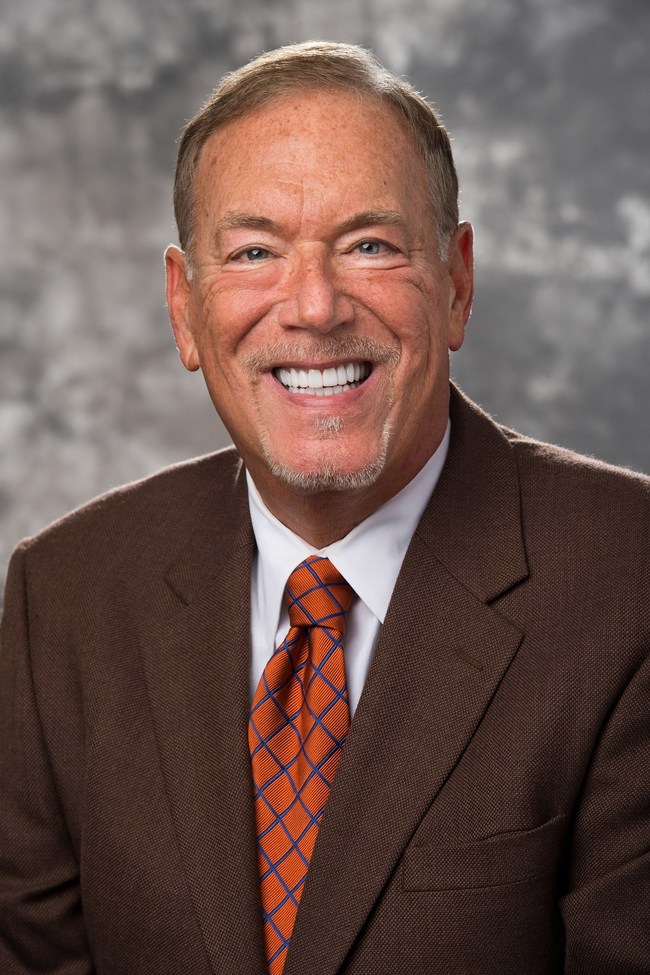ALEXANDRIA, Va.– U.S. aviation is courting catastrophe by making drones so accessible to untrained, unskilled, less-than-serious “pilots” who treat them as toys, veteran LeClairRyan aviation attorney Mark A. Dombroff warns in a new column at AviationPros.com.

“My fear is that, sooner or later, an illegally operated drone will cause a catastrophic aviation accident,” writes Dombroff, an Alexandria-based member of the national law firm and co-leader of its Aviation Industry practice. “If that happens, it will most likely be at an airport and involve a plane either taking off or landing, with potentially devastating consequences for the drone business.”
In the column (‘Could ‘Toy’ Drones Ground the Commercial UAS Sector?’), Dombroff cites a raft of disturbing events involving illegally operated Unmanned Aerial Systems (UAS) as growing proof of the need for tighter regulations.
In the run-up to the 2019 Super Bowl, he notes, federal law enforcement agents confiscated at least six drones operating in violation of FAA regulations. The pilots in question reportedly told FBI agents they were unaware of federal airspace rules, and an FBI spokesman complained to the press of law enforcement officers’ high level of frustration with the presence of illegally operated drones near the stadium.
The Super Bowl incidents, Dombroff notes, came after warnings about drones recently forced the cancellation of 43 flights at the international airport in Newark, N.J., and caused a 33-hour closure at London’s Gatwick Airport. “These were hardly the first such events involving errant drones—from the one that crashed into the upper deck at Petco Park stadium in San Diego, Calif., to the drone that collided with a U.S. Army Black Hawk helicopter over New York Harbor,” Dombroff writes.
In the column, the attorney lauds federal regulators’ efforts to stave off accidents by running public service announcements and even watching drone pilots’ YouTube videos and contacting these operators about FAA violations. Nonetheless, it is clear that among the thousands of regular folks who buy drones every year, a significant percentage are either unwilling or unable to follow the FAA’s complex rules, Dombroff says.
“What will the skies be like as the number of drone users—responsible, irresponsible and everything in between—grows into the millions?” he asks. “My view is that within 10 years (much sooner if we see a truly catastrophic accident) drones will not just be technically defined as aircraft; they will be treated as such in all respects and under penalty of law.”
That would spell the end of today’s relatively freewheeling approach to recreational or hobbyist usage. Instead, all UAS operators would be required to obtain and maintain FAA certification. Dombroff believes the FAA “will require all UAS operators to demonstrate actual proficiency in flying these aircraft and to pass written tests proving their ability to understand and follow the rules for safe operation of drones in our joint airspace.”
In all likelihood, the FAA will also drop its emphasis on promoting the growth of UAS and instead focus on more aggressive enforcement, Dombroff asserts. In the best-case scenario, none of this will occur as a reaction to a catastrophic accident. Instead, today’s close calls will awaken lawmakers, regulators and aviation stakeholders to the dangers posed by an ever-growing cloud of hobbyist drones in U.S. airspace, he writes.
“While manufacturers, retailers and everyday consumers will surely grouse about the loss of mass-market ‘toy’ drones,” the attorney concludes, “this will be a tiny price to pay if the outcome is preserving our vitally important commercial UAS sector and maintaining the incredible safety record of American aviation.”
The full column is available at:
https://www.aviationpros.com/aircraft/unmanned/blog/21068157/could-toy-drones-ground-the-commercial-uas-sector
About LeClairRyan
As a trusted advisor, LeClairRyan provides business counsel and client representation in corporate law and litigation. In this role, the firm applies its knowledge, insight and skill to help clients achieve their business objectives while managing and minimizing their legal risks, difficulties and expenses. With offices from coast to coast, the firm represents a wide variety of clients nationwide. For more information about LeClairRyan, visit www.leclairryan.com.